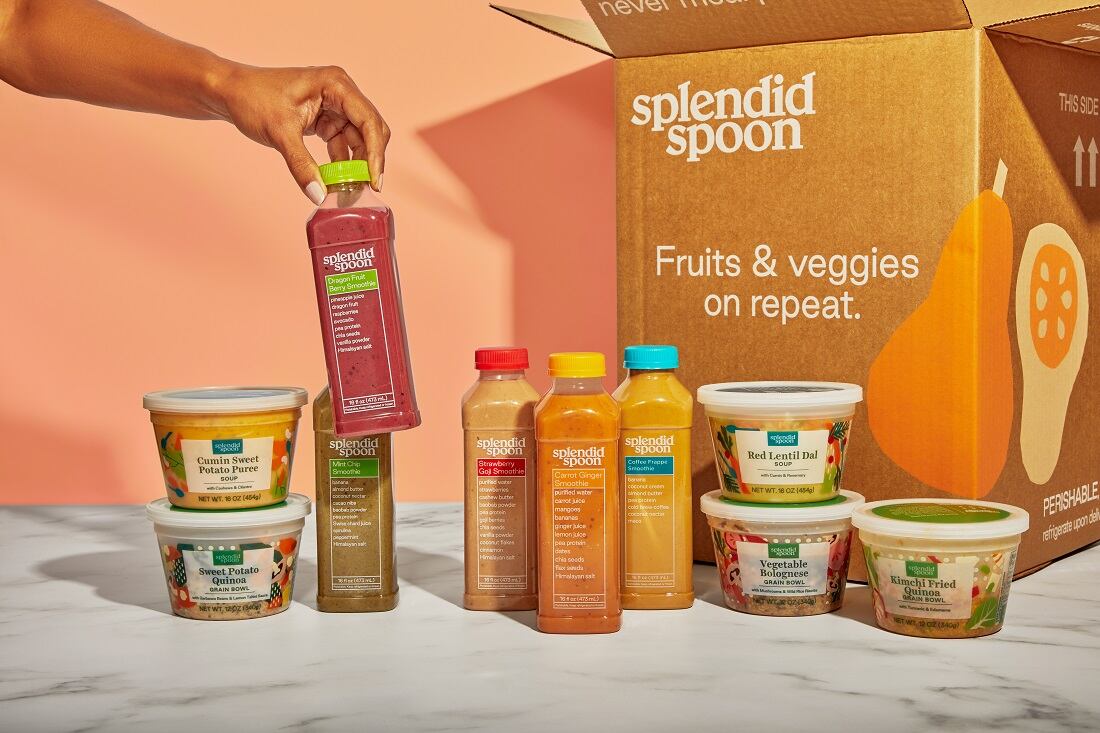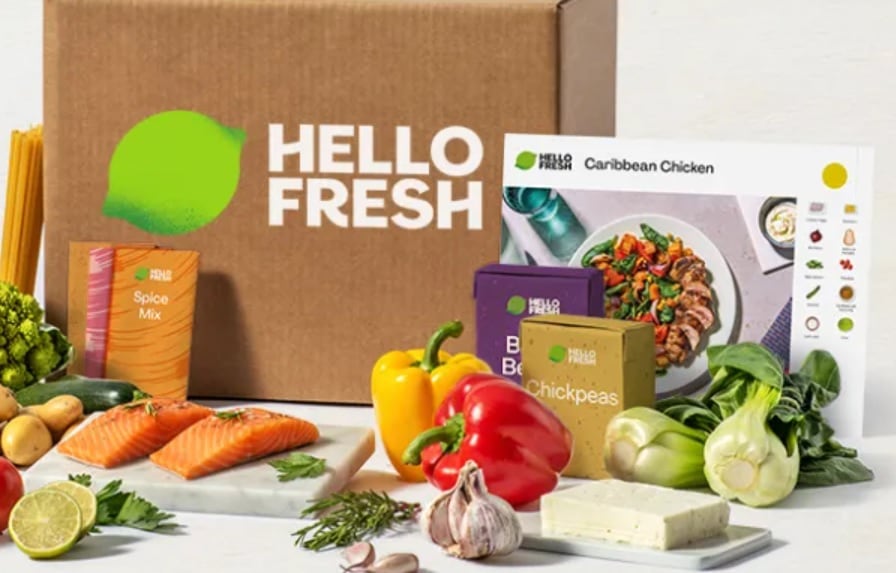According to the NPD Group, prior to the pandemic, less than one in seven households had ordered a meal kit. In 2020, that number rose by more than 50% to nearly one in four households. But momentum for the category has slowed from the initial peak buying behavior seen two years ago, according to Mintel.
"During COVID-19, US consumers turned to meal kits in droves. These companies saw sales surge, as meal kits offered a safe, convenient method to get dinner on the table. As consumers become less dependent on meal kits, their stringent subscription requirements and other stumbling blocks will become more of a barrier," wrote Mintel global food analyst Melanie Zanoza Bartelme in an industry insights piece.
"US meal kit services have expanded their offerings to include other non-kit options such as specialty food, pantry staples and ready meals giving companies the opportunity to provide more options."
Growth opportunity: Online marketplaces
For meal kit companies to continue to find growth, their strategy must shift to become more of a full-service online retailer providing consumers with flexible ways to order meals or other quick food options to their home, noted Bartelme.
Companies such as HelloFresh and Blue Apron began their own online marketplaces last year in which customers can add other 'à la carte' grocery items, such as produce, proteins, and pantry staples, to their meal purchases.
By adding easy-to-use, low-commitment features such as an online marketplace to their services, meal kit companies have an opportunity to attract new customers or maintain existing customers who may feel constricted by a traditional subscription model, according to Bartelme.
"Imperfect Foods and Misfit Markets are companies that originally launched by selling subscription boxes of 'ugly' produce at a discount, and have grown to become more flexible online retailers that are being positioned as a dependable source of quality, affordable groceries," Bartelme pointed out.
"Meal kit companies should follow this lead and open their marketplaces to all shoppers, not just meal kit subscribers."
This strategy also would provide food and beverage makers, especially small and specialty brands, with an additional opportunity to reach consumers.
"Online retail can provide smaller brands with exposure and drive trial, since regional distribution is limited. This approach has been employed in online shops such as Pop Up Grocer, which gives curious consumers a way to curate their own boxes of specialty food and drink," added Bartelme.
Where next for meal kits?
While it may be a long time before the meal kits category experiences the same level of growth it did during the first year of the pandemic, there are still plenty of opportunities for the segment, added Bartelme.
"In the coming years, meal kit subscriptions will continue to diversify their offerings to reach a wider audience. While many services have already expanded more into e-commerce (e.g. offering 'extras' for their subscribers to add on to their meals), there is untapped potential to reach non-subscribers who are looking for convenient groceries and meals from the same outlet," she said.




